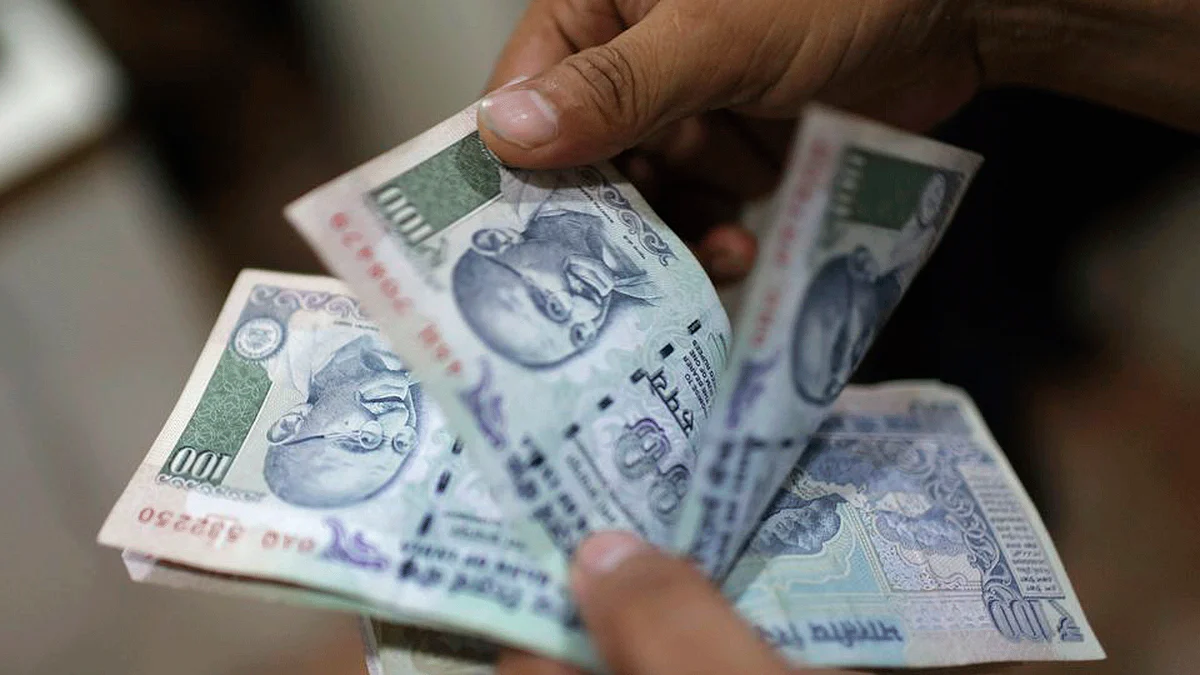Union Budget 2018: Get Ready to Pay More Tax!
Individual and corporate taxpayers, importers of goods and stock market investors will all pay more tax.

advertisement
Individual and corporate taxpayers, importers of goods and stock market investors will all pay more tax in financial year 2018-19.
Cessed Out
The 1 percent increase in education cess will impact individual and corporate taxpayers and garner the government an estimated Rs 11,000 crore in additional taxes. Finance Minister Arun Jaitley said the increase was to fund “the needs of education and health of BPL (below poverty line) and rural families”.
Not-Just-Crorepati Surcharge
Tucked away in the Finance Bill, 2018 fine print is an increase in surcharge on those earning an annual income of Rs 1 crore or more, from 10 percent to 15 percent.
And those earning a total income exceeding Rs 50 lakh but not exceeding Rs 1 crore will now pay a surcharge of 10 percent on income-tax.
Companies will also have to pay a higher surcharge.
Higher Customs Duties
Customs duties have increased on 45 items in order to encourage local manufacturing. These include imported cosmetics, mobile phones, silk fabrics, footwear, TV screens, kites, sunglasses and scent sprays. A whole host of imported edible oils have seen duties rise by up to 15 percent on account of what the budget terms “rationalisation measures”.
Over and above this increase in customs duties, the government has proposed a Social Surcharge Levy at the rate of 10 percent of the aggregate duties of customs. This new surcharge replaces the 3 percent education cess on customs duties. Only a few items such as petrol and high speed diesel oil, gold and silver have been spared the new surcharge and will instead attract a 3 percent education cess. Specified goods that were exempt from the education cess will also be exempt from the surcharge.
The surcharge is expected to amount to Rs 8,000 crore in tax revenue in FY19.
LTCG Is Back
Equity investors will also pay more tax… on long-term investments. The government has proposed to reintroduce a 10 percent tax on long-term capital gains in excess of Rs 1 lakh. However, all gains up to 31 Jan 2018 will be grandfathered, said the Finance Minister.
Good News For Mid-Sized Businesses
Small and medium-sized businesses have tax news to cheer about. The government has cut the headline corporate tax rate from 30 percent to 25 percent for all companies with an annual turnover of upto Rs 250 crore. While this will benefit 99 percent of the companies filing tax returns, it will hurt government revenue by only Rs 7,000 crore in FY19. That’s a fraction of the Rs 4.91 lakh crore in corporate tax revenue estimated for FY18.
Unfortunately, large businesses have yet to see the Finance Minister fulfill his 2015 promise of a cut in the corporate tax rate.
This article has been published in an arrangement with the Bloomberg Quint.
(At The Quint, we question everything. Play an active role in shaping our journalism by becoming a member today.)